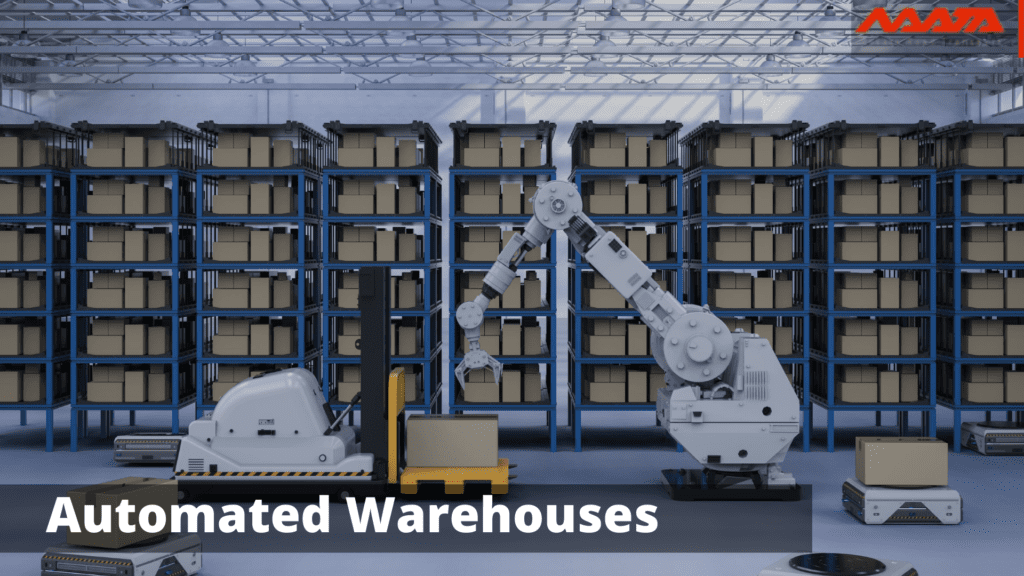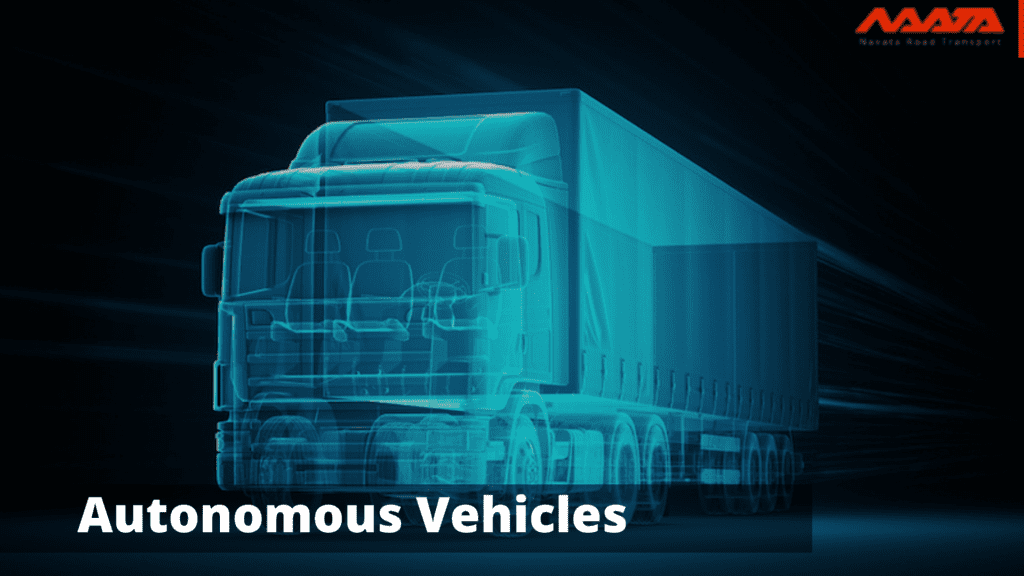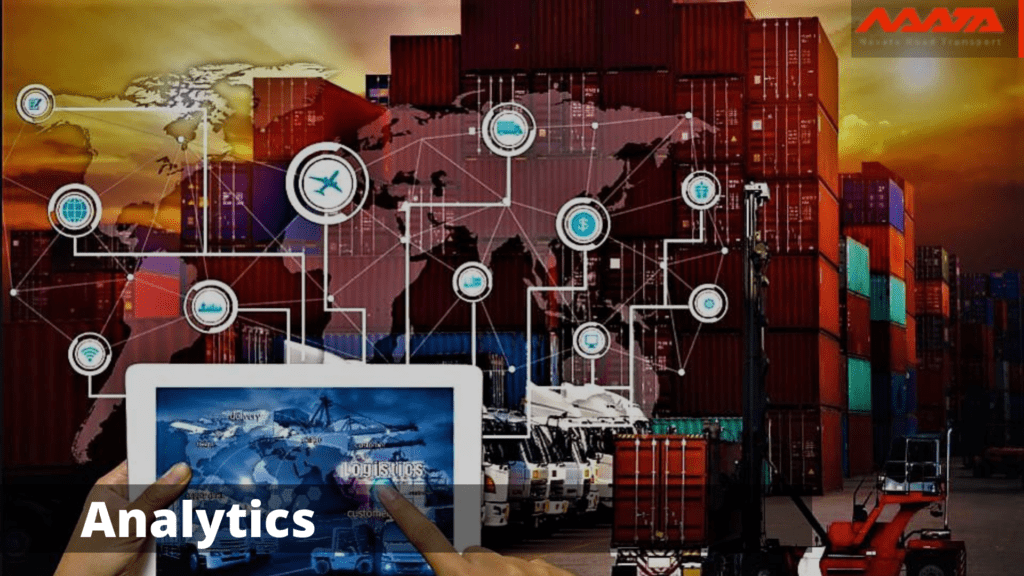Artificial Intelligence in Logistics Industry
Table of Contents
Artificial Intelligence in Logistics Industry
Artificial intelligence and other cutting-edge technology have had a profound impact on several sectors, including logistics (AI). Some examples of current technology trends are Warehouse Automation and Autonomous Vehicles, Data Modeling and Smart Highways.
Every aspect of our life, including logistics, is being transformed by advances in artificial intelligence and machine learning. When it comes to supply chain management, AI and machine learning may be a wonderful asset, since they can assist to optimise operations, prevent human errors, and decrease time. They can also foresee future possibilities and issues.
You May Also Like To Read: 7 Best Supply Chain Technology Trends & Innovations
How Artificial Intelligence in Logistics Works?
Artificial intelligence is the process by which a program may learn automatically from patterns or characteristics in large amounts of data, using a combination of quick, repetitive processing and complex algorithms.
AI systems are built via the arduous process of creating a computer that can exceed our own talents by reversing the human attributes and capabilities into a machine.

You May Also Like To Read: 10 Major Benefits of Internet of Things (IoT) on Supply Chain Management
How is Artificial Intelligence Transforming the Logistics Industry?
Automated Warehouses
Data collecting, inventory processing, and more are all impacted by AI technology in the warehouse. As a consequence, businesses will be able to generate more income. In warehouse automation, artificial intelligence is utilized to forecast demand for specific items.
Based on this information, orders may be changed and the most popular goods can be sent to the warehouse closest to the customer’s location. Lower transportation costs may be achieved by accurately anticipating demand and organising logistics well in advance.

Autonomous Vehicles
Dynamic AI technologies are currently at the heart of a wide range of autonomous vehicle systems. Self-driving autos, robots, and drones all help with industrial and logistics operations that need manual labour. These professions are ideal for artificial intelligence since they don’t need any analytical abilities. In the future, self-driving cars will reduce the need for human drivers, and technologies like platooning will help drivers’ health and safety by lowering fuel use and carbon emissions from vehicles.

Smart Roads
Smart highways are another example of how AI may be used in logistics. Highways with LED lights powered by solar panels are one example of this technology in action. LED lights warn cars of hazardous road conditions while solar panels help generate power.
Solar panels also help to keep the road dry throughout the winter. Fiber optic sensors may also be used to monitor traffic patterns and advise vehicles of potential hazards on the road ahead of them. Emergency responders and authorities may also be alerted when a car leaves the road or gets into an accident. Faster delivery and safer road conditions are the results of this.

Analytics
AI identifies damaged items with computer vision technology, which analyses the nature and extent of the damage, allowing the producer to minimise additional harm and take appropriate action. This is accomplished by the analysis of real-time data obtained from sensors mounted in the devices.
Machine learning enables the analytics tools that boost predictive analysis, and professionals identify trends in sensor data so that manufacturers may take suitable actions to improve the situation prior to any equipment breakdown.

You May Also Like To Read : 8 Proven Technologies in Logistic Sector for High Performance
Artificial Intelligence in Logistics Industry Artificial Intelligence in Logistics Industry
The Impact of Artificial Intelligence and Machine Learning on the Logistics Industry
In order to carry out their essential business responsibilities, a lot of logistics firms rely on third-party logistics providers such as common carriers, subcontracted workers, charter planes, and other third-party suppliers. It adds to the workload of logistics accounting teams in organisations that yearly handle millions of bills from tens of thousands of suppliers, affiliates, and providers.
It is now possible to extract crucial information from the ocean of unorganised invoice forms received by many logistics companies thanks to the use of artificial intelligence (AI). Artificial intelligence (AI) has being used by enterprises for these reasons.
Logistics service companies may use machine learning to analyse massive amounts of data and improve their logistics management system. Predicting future outcomes and demands is a challenging but critical job throughout delivery and management.
Machine learning aids firms in predicting and tracking future production needs, such as predicting demand for new items. Machine learning combines the power of proper supervision, unsupervised, and bolstered learning, making it an extremely effective technology.
Thanks For Reading : Artificial Intelligence in Logistics Industry
Powered By 360Presence
Artificial Intelligence in Logistics Industry Artificial Intelligence in Logistics Industry




